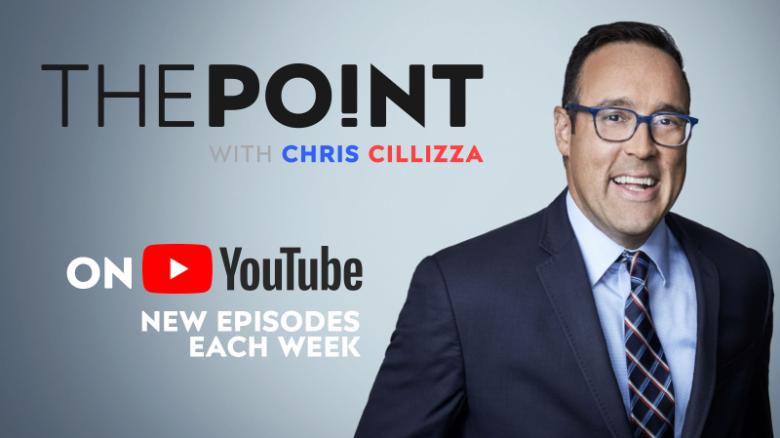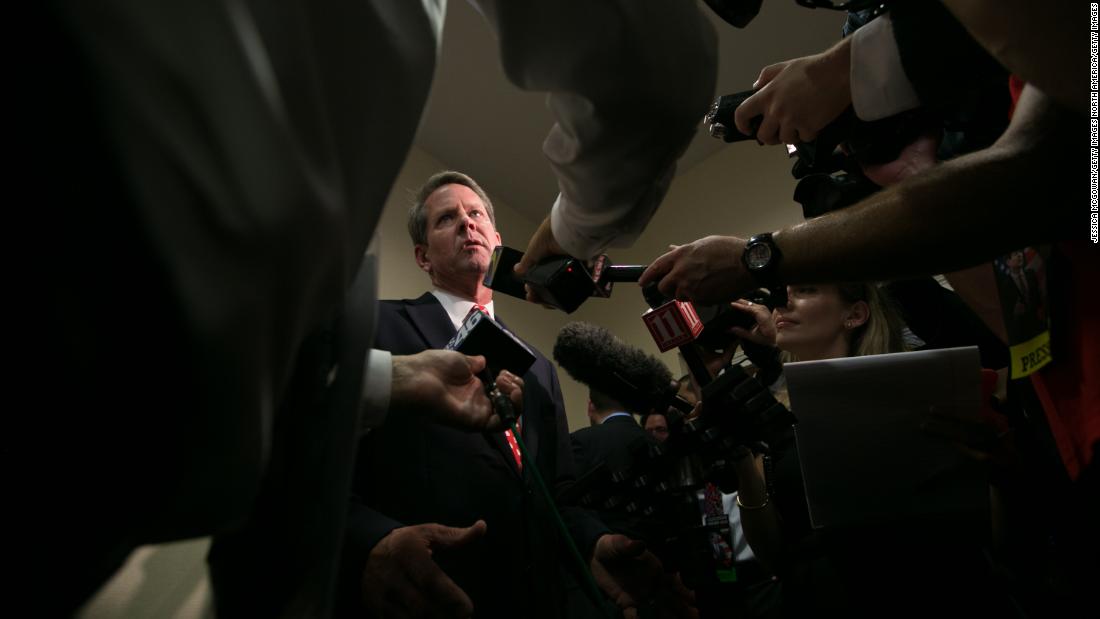Analysis: What the heck is Georgia’s governor doing?
“Though Kemp’s previous orders have barred local governments from taking more restrictive steps than the state, the rules he signed on Wednesday were the first to explicitly ban cities and counties from requiring the use of masks or other face coverings.
“The governor has said he believes requiring masks are a ‘bridge too far’ and that such a mandate is unenforceable. Instead, he’s forcefully urged Georgians to don face coverings and warned not doing so threatens the college football season.”
Sooooo, what is Kemp doing?
Which, yeah, except that masks are a key part of weathering the storm. So, why not mandate them? Or, at the very least, not block local officials from doing so?
There doesn’t appear to be an answer to that question that doesn’t get back to Kemp’s politics.
“Finding out that this virus is now transmitting before people see signs, so what we’ve been telling people from directives from the CDC for weeks now that if you start feeling bad, stay home… those individuals could’ve been infecting people before they ever felt bad. But we didn’t know that until the last 24 hours.”

THE POINT — NOW ON YOUTUBE!
In each episode of his weekly YouTube show, Chris Cillizza will delve a little deeper into the surreal world of politics. Click to subscribe!
Which was, well, crazy. Because asymptomatic transmission of coronavirus — people without symptoms able to pass the virus to others — is something that people had known about for weeks, if not months.
Uh huh.
When viewed through that context, Kemp’s decision to disallow cities and counties from instituting mask mandates makes perfect sense. Kemp has largely operated with politics first and public health second throughout this pandemic. This latest decision is just more of the same.
![]()


